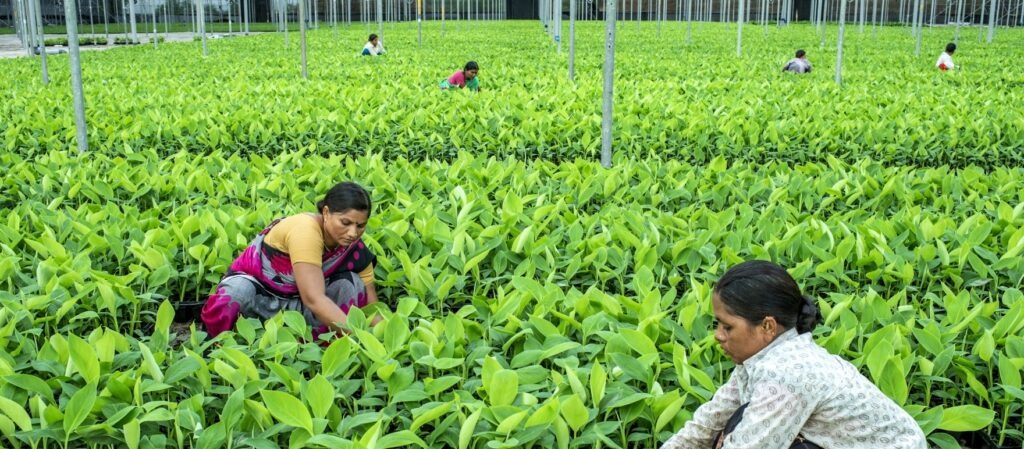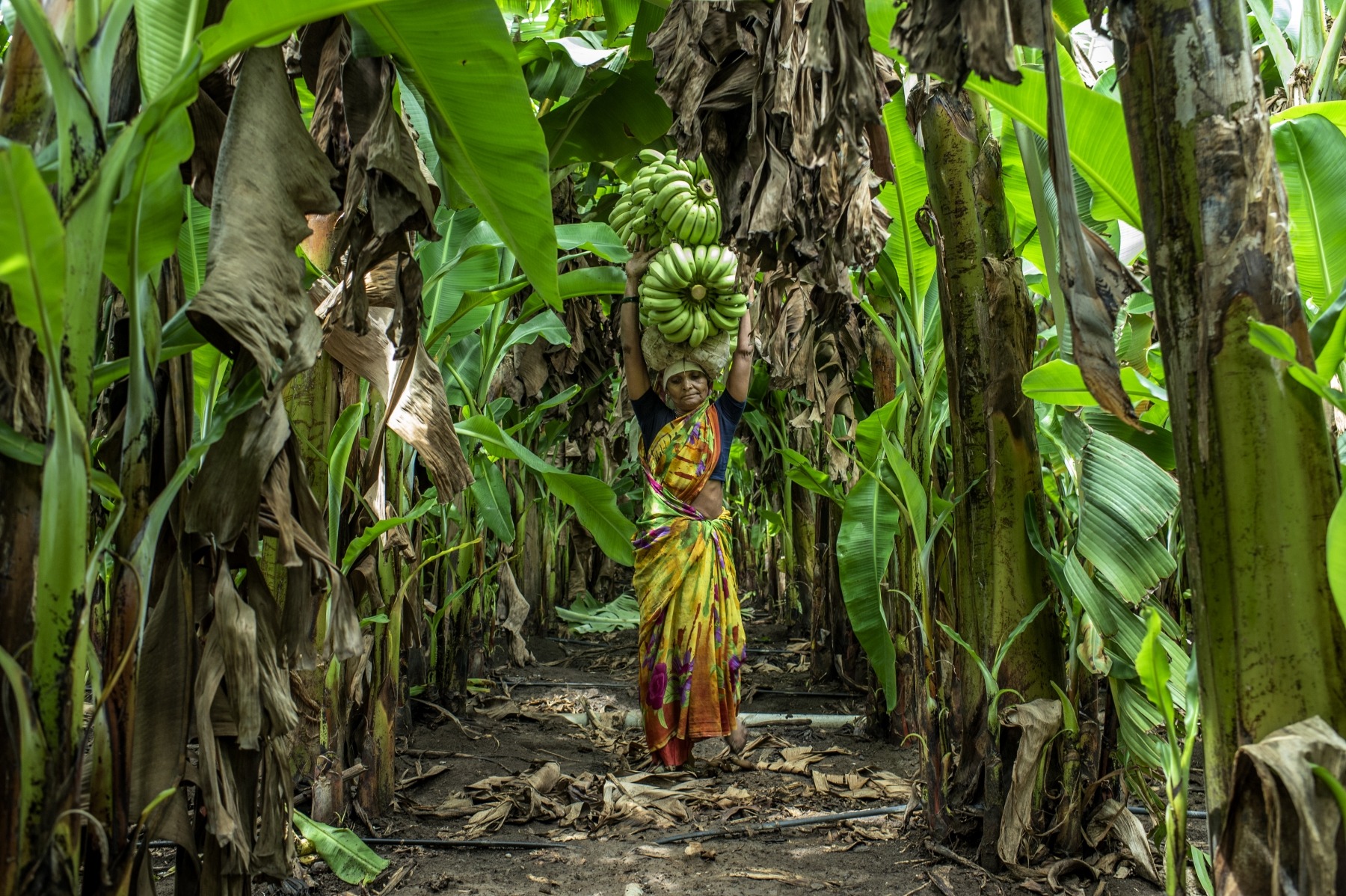India’s COVID-19 crisis is everyone’s crisis
By Morgan Gillespy, Program Director of the Food and Land Use Coalition
We are over a year into a global pandemic that has upended the world as we knew it. Whilst some countries are celebrating release from lengthy lockdowns, India has been catapulted into the worst ongoing outbreak to date. With more than 350,000 new cases reported daily, the tragedy in the South Asian nation is a stark reminder that the COVID-19 crisis isn’t over and that a global, coordinated effort, including regarding vaccines, is necessary and in the entire world’s interest.
The Food and Land Use Coalition’s India platform is not immune to the outbreak. Our Indian colleagues’ relatives and friends are among those lost to the virus. Our work in the country, seeking to transform the food and land use systems for the benefit of people and the planet, is affected, just like so many other activities. We stand in solidarity with the FOLU India community.
India is a “food and land use superpower”. At the same time, the nation faces some of the most complex food and land use challenges in the world, including an agrarian crisis, high levels of malnutrition, widespread land degradation, climate vulnerability and strong population growth. The country is home to about 17 percent of the world’s inhabitants, 15 percent of its livestock, 8 percent of its biodiversity, 9 percent of its arable land and just 4 percent of its water resources.

Women organise tissue cultured Banana saplings at the Jain Irrigation facility in Jalgoan, India/Atul Loke for Panos Pictures/Food and Land Use Coalition
With 39 percent of the population under-nourished, India ranked 102 out of 117 countries in the 2019 Global Hunger Index. Childhood underweight is around 36 percent, and stunting close to 38 percent, according to the Nutrition Family Health Survey in 2016. At the same time, 20 percent of adults are overweight and 4 percent obese, with over-nutrition affecting urban areas the most. India’s nutritional scenario has worsened because of the COVID-19 pandemic, with severe constraints on access to preventive health services such as nutritional supplementation.
FOLU’s colleagues and partners in India are striving to help the nation become a nutritionally secure, healthy and prosperous one, sustainably managing its food and land use systems as part of a productive, efficient and inclusive economy. With this, we expect to build resilience to future pandemics, safeguarding food supply chains, and protecting and restoring the nature our food systems are dependent on. And through increased access to healthy and nutritious food, we expect to see improvement in human health.
As India faces surging death tolls from the coronavirus and vaccine shortages, we must remember that a coordinated, collective response to the COVID-19 pandemic is critical for a global recovery.
Today we must come together to call on urgent and collective action. We need a global recovery plan that prioritises green economic growth and guarantees fair and equitable access to vaccines for every country in the world. We ask governments to work collaboratively to provide financing for vaccinations and ensure 100 percent of the world’s population is inoculated urgently. No country or region can succeed on its own and no nation will be safe until the pandemic is brought under control everywhere.










